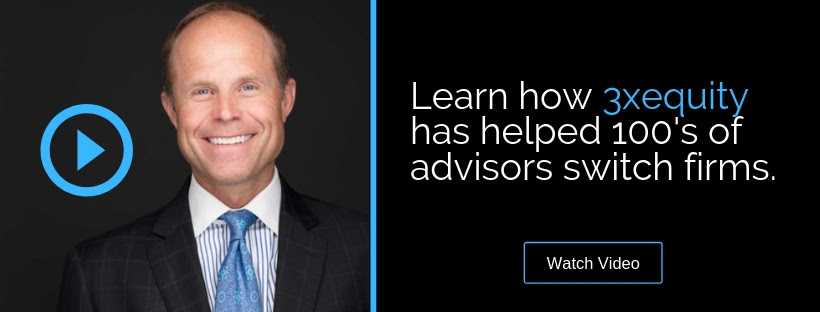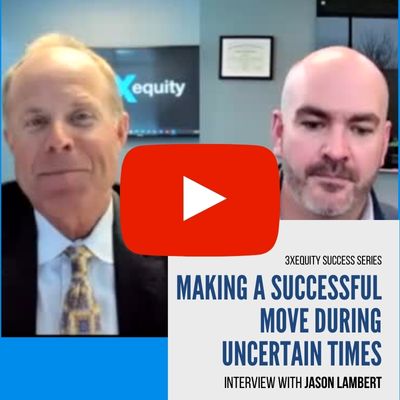The wealth management industry is abuzz with the news of Liz Nesvold’s resignation from Cresset. While her departure may seem sudden to some, insiders familiar with the situation reveal that it was a well-considered decision, driven by factors such as perceived limitations and frustrations arising from shifting mandates within the rapidly expanding Registered Investment Advisor (RIA).
Liz Nesvold, a prominent and highly regarded investment banker specializing in independent wealth management, brought a wealth of knowledge to Cresset. Her departure, although anticipated, has raised eyebrows in the industry, with sources indicating that Nesvold might have felt constrained by the evolving dynamics at the swiftly growing RIA.
It’s worth noting that she had joined Cresset with a profound understanding of the firm, having been involved in over half of their acquisitions. Nesvold expressed her familiarity with Cresset’s leaders, Eric Becker and Avy Stein, showcasing a strong rapport and understanding of their vision.
Nesvold assumed the role of the helm at Cresset in May, a period during which the firm experienced an influx of advisors following regional bank failures. The strategic acquisition of a $1.7 billion Registered Investment Advisor, which marked the launch of the sports and entertainment unit, added to the momentum.
However, Nesvold’s departure comes against the backdrop of Cresset’s recent withdrawal from the Broker Protocol, a move that raised eyebrows in the industry. Additionally, the firm has confirmed its pursuit of a minority investor, a departure from previous statements, as it seeks support for ongoing recruitment efforts and acquisitions.
Nesvold voluntarily tendered her resignation, according to someone with knowledge of the matter. She will officially leave Cresset on Feb. 11.
In a statement released through her attorney, Nesvold said she “worked exhaustively with an amazing team to make significant contributions to center the company” before deciding “it was the ideal time to move on to the next chapter.”
Cresset wasted no time replacing Nesvold. The firm has tapped Susie Cranston, the former chief operating officer at First Republic Bank and, subsequently, JP Morgan, to step into the role.
The decision to step down from a leadership position at a firm undergoing rapid expansion and transformation suggests that Nesvold’s considerations were not taken lightly. The wealth management industry is known for its dynamic nature, and the ability to adapt to evolving mandates and strategic shifts is crucial for success.
Nesvold’s departure prompts reflections on the challenges that executives face in steering RIAs through growth phases, balancing recruitment goals, and managing the intricacies of strategic decisions.
Cresset’s journey, marked by Nesvold’s tenure, highlights the complexities and strategic considerations involved in the wealth management landscape.
As the firm navigates changes in protocol, seeks external investment, and continues its pursuit of top talent, the industry watches closely to understand the implications of this leadership transition. Nesvold’s next steps and the unfolding narrative at Cresset will undoubtedly be followed with keen interest by industry participants, competitors, and observers alike, as the RIA charts its course in the evolving financial services landscape.
Cresset’s Nesvold Resigns; Abrupt Departure Wasn’t A Surprise To Insiders
Share this article
Email
Twitter
LinkedIn

Curious about switching broker dealers? Secure your 2 best offers all while remaining 100% anonymous.
Ready to start? Click here.
Leave a Reply
Secure Multiple Offers All While Remaining 100% Anonymous
If You’re Serious About Growth, Measure This
February 23, 2026
The Lesson Behind LPL’s Layoffs
February 18, 2026
Walking Before You Run
February 11, 2026
Don’t Wait to Win: How the Big Game Busts the Rebuild Myth
January 29, 2026




